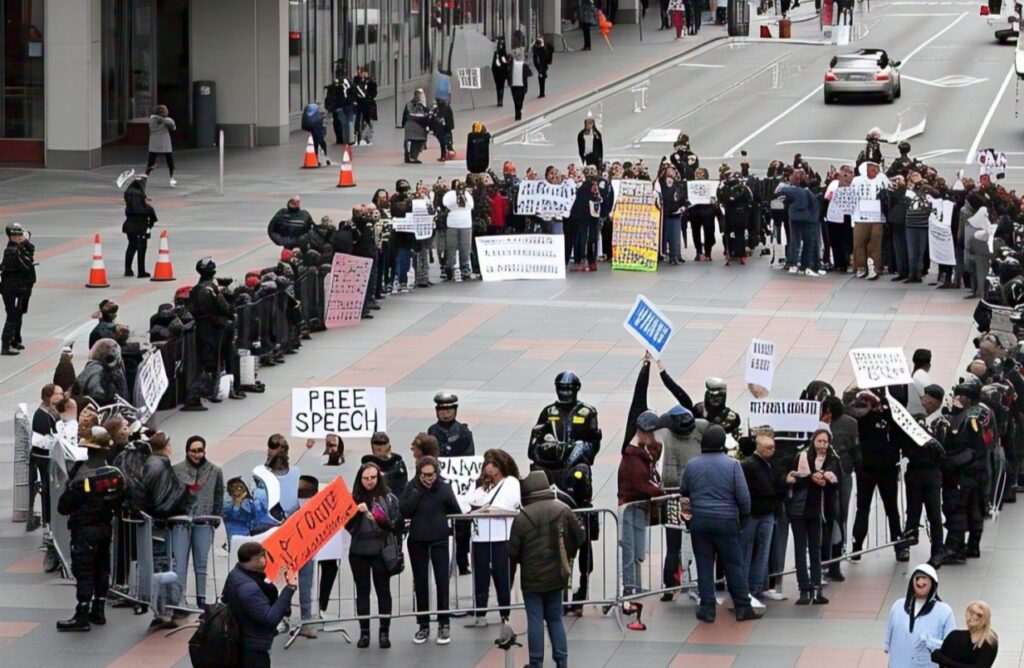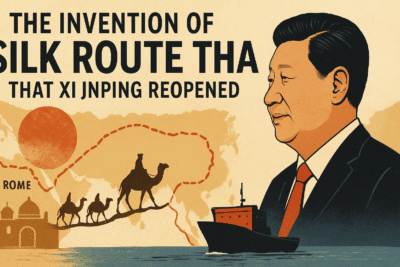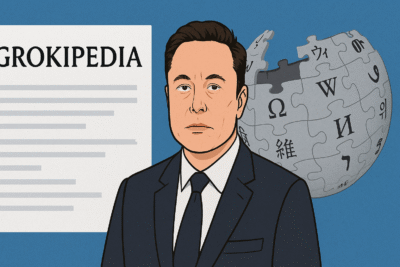
Protest is a cornerstone of democratic societies, enabling citizens to express dissent, demand change, and hold power to account. Yet, the question of whether this right includes causing inconvenience to others sparks debate. While protests may disrupt daily life, they often serve as a necessary means of amplifying voices that might otherwise go unheard. This article explores the nuances of this issue, balancing the fundamental right to protest with its impact on society.
The Right to Protest: A Democratic Imperative
The right to protest is enshrined in democratic principles and international human rights frameworks. It is rooted in freedoms of assembly, association, and expression, as articulated in documents such as the Constitution of India (Article 19), the European Convention on Human Rights (Articles 10 and 11) and the International Covenant on Civil and Political Rights (Articles 18–22). These rights enable individuals to voice opinions that may challenge the status quo, ensuring that democracy remains vibrant and inclusive.
Historically, protests have been pivotal in driving societal change. Movements such as the freedom movement of India, the civil rights marches in the United States or anti-apartheid demonstrations in South Africa illustrate how organised dissent can dismantle oppressive systems. As Lord Denning famously stated, protests are often the only means by which grievances can reach those in authority with sufficient impact to provoke remedies.
Inconvenience: An Unavoidable Consequence?
Protests inherently disrupt routines, whether through roadblocks, noise, or interruptions to business activities. Critics argue that such inconvenience infringes upon the rights of others to live and work undisturbed. However, proponents contend that disruption is often essential for protests to achieve visibility and effectiveness. The European Court of Human Rights has emphasised that freedom of expression extends even to ideas that “offend, shock or disturb” sectors of society.
Moreover, inconvenience does not necessarily equate to illegality. Peaceful assemblies are protected under international law even if they cause economic disruption or impede traffic. For example, Article 19 advocates that inconvenience should be seen as a characteristic of public order rather than a threat to it.
Legal Boundaries and Restrictions
While the right to protest is robustly protected, it is not absolute. Governments can impose restrictions when protests threaten public safety, national security, or the rights of others. The UK’s Police, Crime, Sentencing and Courts Act 2022 allows authorities to regulate protests based on noise levels or disruptions deemed “serious”. Similarly, international treaties permit limitations if assemblies jeopardise public health or morals.
These restrictions aim to balance competing rights within society. For instance, while protesters may occupy streets to draw attention to their cause, commuters’ right to access public infrastructure cannot be entirely disregarded. Striking this balance often falls to law enforcement officers tasked with imposing “necessary” conditions on demonstrations.
Ethical Considerations: When Does Inconvenience Become Harm?
The ethical dimension of protest lies in distinguishing between inconvenience and harm. Inconvenience—such as delayed commutes or noise—may be tolerable within a democracy committed to free expression. However, actions that intimidate others or cause physical damage cross ethical boundaries.
For example, peaceful marches or sit-ins may disrupt daily life but remain within acceptable limits of democratic discourse. Conversely, violent protests or those designed to intimidate undermine their legitimacy and erode public support for broader causes.
Protests as Catalysts for Change
Despite their disruptive nature, protests have historically catalysed significant reforms. The suffragette movement disrupted public life but ultimately secured women’s voting rights. Similarly, climate activists blocking roads have drawn attention to urgent environmental issues. These examples highlight how inconvenience can be a price worth paying for progress.
Importantly, protests often amplify marginalised voices excluded from traditional political processes. For these groups, disruption becomes a tool for levelling power dynamics and forcing dialogue with authorities.
How to Balance Rights in a Democracy
The right to protest is indispensable in any democracy but must coexist with other societal rights. While inconvenience is an inevitable by-product of impactful demonstrations, it should not escalate into harm or intimidation. Governments have a duty not only to protect peaceful assemblies but also to ensure they do not disproportionately infringe upon others’ freedoms.
Ultimately, democracy thrives on dialogue and dissent—even when inconvenient. Protests challenge complacency and compel societies to confront uncomfortable truths. By respecting both the right to protest and its limitations, democracies can uphold their commitment to freedom while fostering constructive change.



